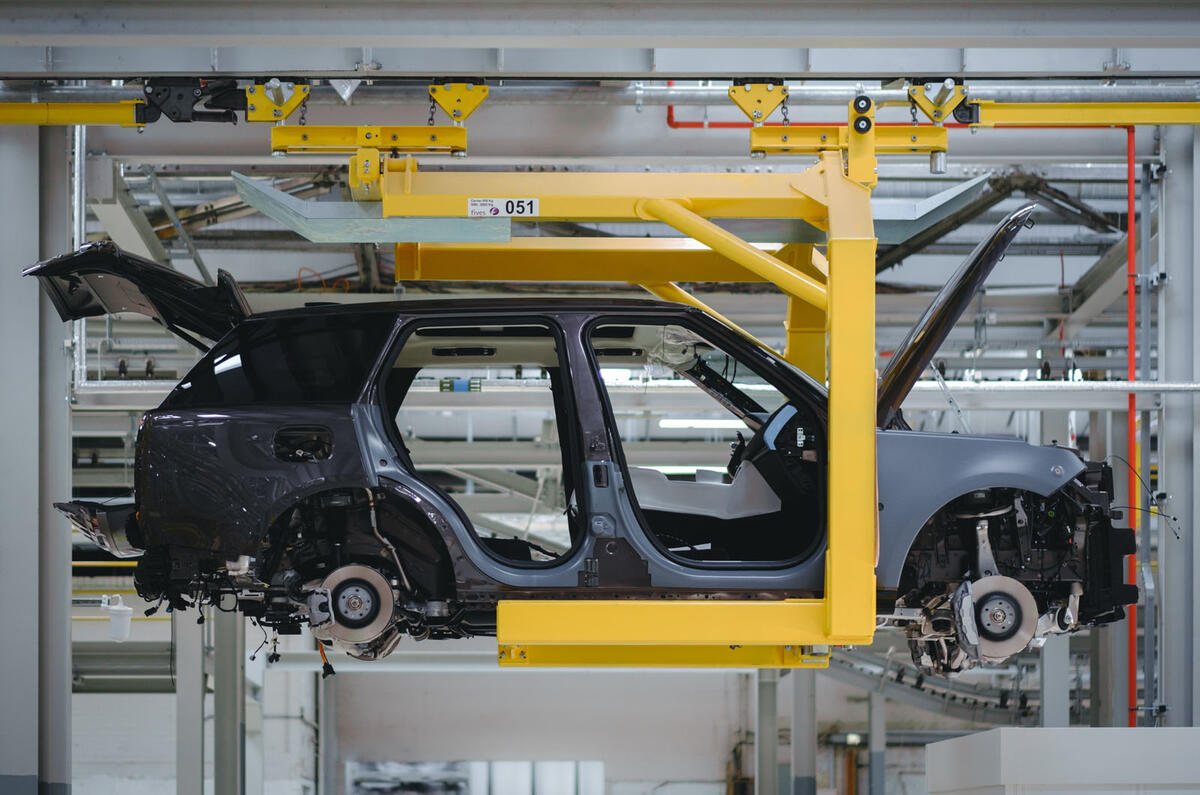The US’s introduction of tariffs on foreign-built vehicles resulted in last month being the worst May for vehicle production in the UK since 1949 – excluding 2020, when Covid-19 lockdowns shuttered many plants.
Several car manufacturers, including Aston Martin, Lotus and JLR, paused shipments to the US following its introduction of a 25% levy on car imports.




Add your comment